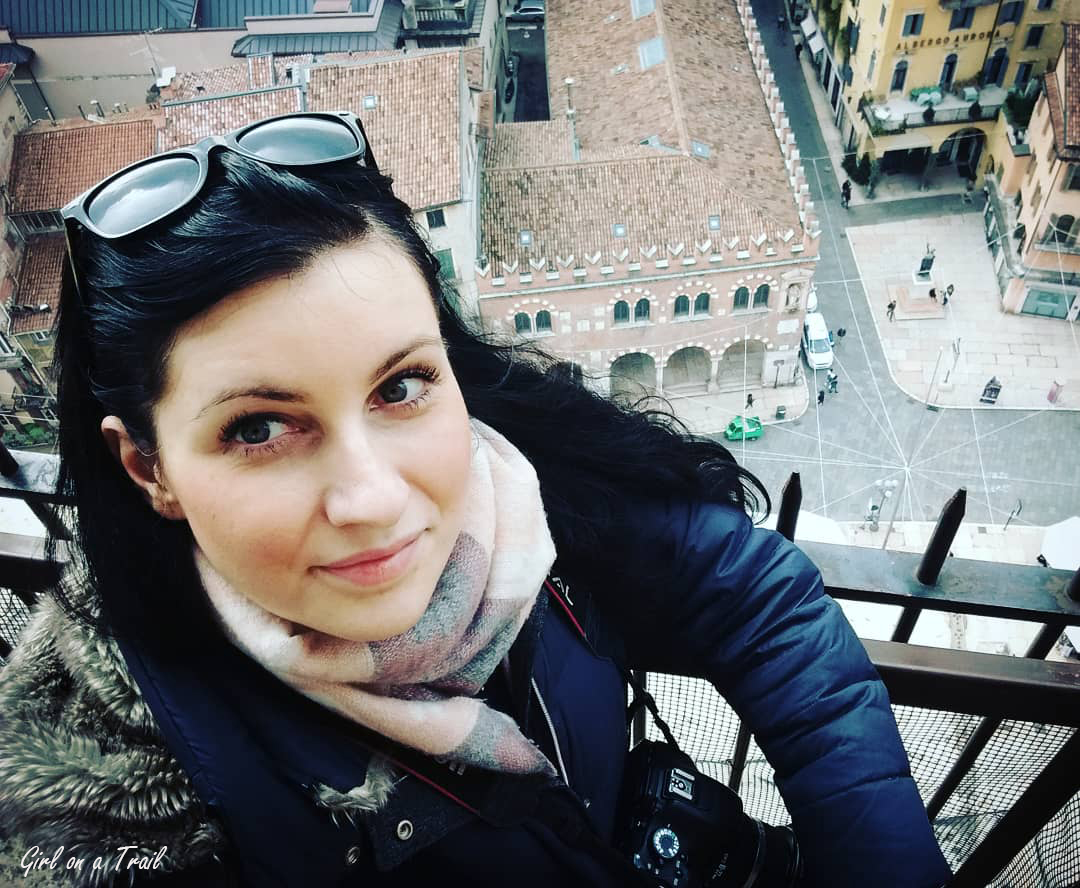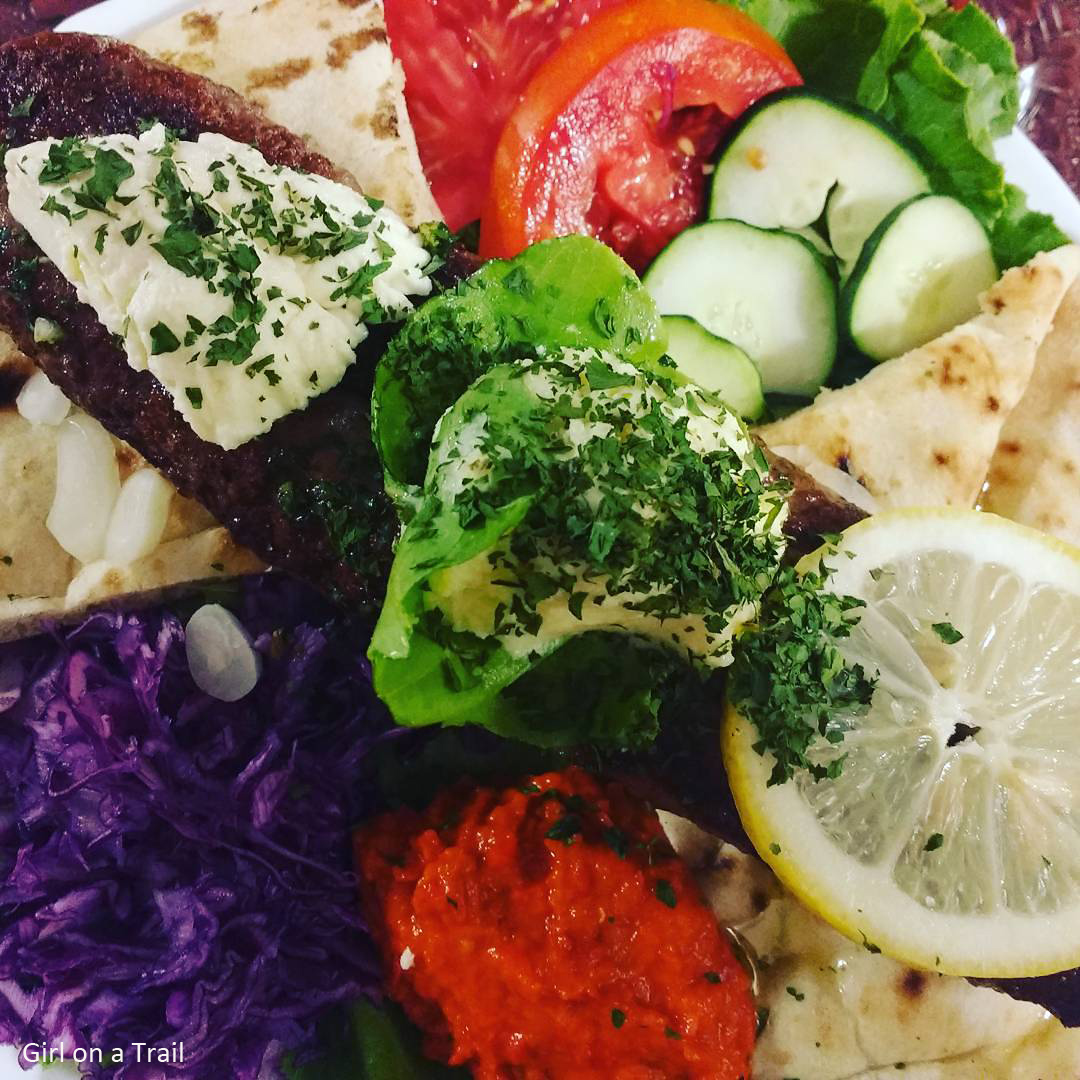
Bosnia and Herzegovina – Mostar, the city of hatred?
It’s 11.00 am, delighted with views on the way from Sarajevo, I look forward to getting out of the bus and seeing marvelous Mostar. The door of the bus opens and I feel like I’m going straight to hell. The temperature is 35 Celsius degrees, and it’s not a noon yet.

I take my backpack and I move towards the hostel, expecting to see this picturesque city with a famous bridge. But what I see along the way in no way doesn’t look like images from a catalogue which I’d seen before.


In addition to the beautiful panorama of the city from the Musal bridge, you can see the ruins of the luxurious Neretva Hotel, also known as Tito’s Palace, which was the favorite Josip Tito’s accomodation. Now it’s a complete mess.

Right behind the bridge there’s a high building of the former bank, which during the war was called the Sniper Tower, as its location gave perfect view to the front line. That’s where the snipers were shooting at the civilian population who wanted to get across the river.

Now the Sniper Tower is an abandoned building inhabited by homeless people. Here you can see a number of interesting murals and great view of the city.


Mostar is a picturesque town located in the valley of the river Neretva. Its name comes from the word mostari, which means the guardians of the bridge, who in the old days were guarding the Old Bridge. The Old Bridge is currently the main tourist attraction in Mostar.

Unfortunately Mostar is also called: “the divided city”, “the city of hatred” and “the city with no reconciliation”. It may be hard to believe it right now, but in Mostar took place the most severe battles during the civil war in the former Yugoslavia.

Initially, Bosnian Muslims and Croats fought against the Serbs. However, in May 1993 Croats attacked the eastern part of the city where Bosnian Muslims lived. During more than one-year occupation, they did a lot of damage in this part of the town.

In November 1993 the Croats completely destroyed the Old Bridge, a valuable monument since Ottoman times, which was build more than 400 years ago. The Bridge was rebuilt in 2004 using the same technique.

At the highest point, it is more than 20 meters high and the main tourist attraction is to watch the brave jumpers who dive from it to the Neretva river. In the old days, it was a sign of courage but now it’s being performed mainly for gaining money.

Despite the reconstruction, the bridge still separates Croats from Bosnian Muslims. As a matter of fact, Mostar currently consists of two cities. Divisions are visible to this day, both in the city’s architecture and in the organisation of public institutions.

The right side of the Neretva river, inhabited the Croatian population, has a more modern character than part where Bosnian Muslims live. There are no signs of war here and the architecture look more like European with new buildings and churches. The left part of the Mostar is very diverse. The Old Town has a typical oriental Turkish character.

On Kujundziluk street you’ll find bazaar which remids the Turkish ones. There you can purchase products from craftsmen, goldsmiths and have a cup of coffee brewed in Turkish way or smoke a shisha.

This part of the city is also dominated by numerous mosques, the most popular of which is the Koskin Mehmed-Pasha Mosque, which offers a panoramic view of Mostar, while the largest is Karadoz – Bega Mosque.

Next to the Koskin Mehmed-Pasha Mosque, there’s a small bazaar where you can stock up on brandy, local honey and delicious fresh figs, cut straight from the tree.

Some rest from the crowdy Old Town can be found near the Crooked Bridge. Crooked Bridge is the oldest monument in Mostar. It looks the same as the Old Bridge, only in a slightly smaller scale.

The resemblance is not coincidental, since it was built as an experiment to verify the strength of the structure, before building the right bridge. That part of Mostar I like the most. The atmosphere of this place is more intimate than the surroundings of the Old Bridge. There are many cosy restaurants from which you can enjoy an interesting view of the surrounding area, sip delicious coffee and eat Bosnian delicacies.

Although it has been more than 20 years since the end of the war and despite the enormous financial assistance of the European Union and UNESCO, Mostar hasn’t been completely rebuilt yet. There are signs of fratricidal fighting on the eastern side. During 4 years of war (from 1992 to 1995 ), this part of the city was practically razed.

All you have to do is walk a few meters from the bridge to see the destruction of the war. There are traces of cannon bullets, holes of the bullets from machine gun, some of the buildings are torn down or burnt.

Most buildings are abandoned in this part, because people who wre driven out of them during the war have never come back. City space is “diverisfied” by cemeteries, where dates on tombstones are the same…

Bulevar Revolucije – the former front line during the battle between Bosnian Muslims and Croats, still divides the people of Mostar. Urban institutions are duplicated, separate for Croats and Bosnians.

There are two separate post offices, two fire brigade stations, two hospitals, two schools. Electricity and telephone communications are provided separately by different operators to each part of the city. Some Mostar residents have never even crossed the bridge. There may also be a problem with ordering pizza, as it is often not delivered to the other part. In the course of numerous talks, the people of Mostar themselves, didn’t hide disappointment with current political situation in Bosnia and Herzegovina.

City’s budget is spent for duplicated public institutions, which prevents Mostar reconstruction and further development.

Finally, a big surprise is the statue of Bruce Lee located in Zrinjski City Park near the Sniper Tower. It was built on the initiative of the group called Mostar Urban Movement and was to act as a symbol linking Bosnian Muslims and Croats. Is there anyone who doesn’t like Bruce Lee? Unfortunately, it turned out that there’re some people, because the statue was demolished right after the unveiling. However, Mostar Urban Movement didn’t give up, renewed a monument, which now stands in the park intact.

Where to eat?
I’ve written recently about Bosnian delicious food and places where it’s worth trying local dishes. The post you can find here.
Where to sleep?
In Mostar you’ll find numerous hotels and hostels. I chose the cheapest option – single room in Hostel Beg, where for 2 nights I paid 15 €.





